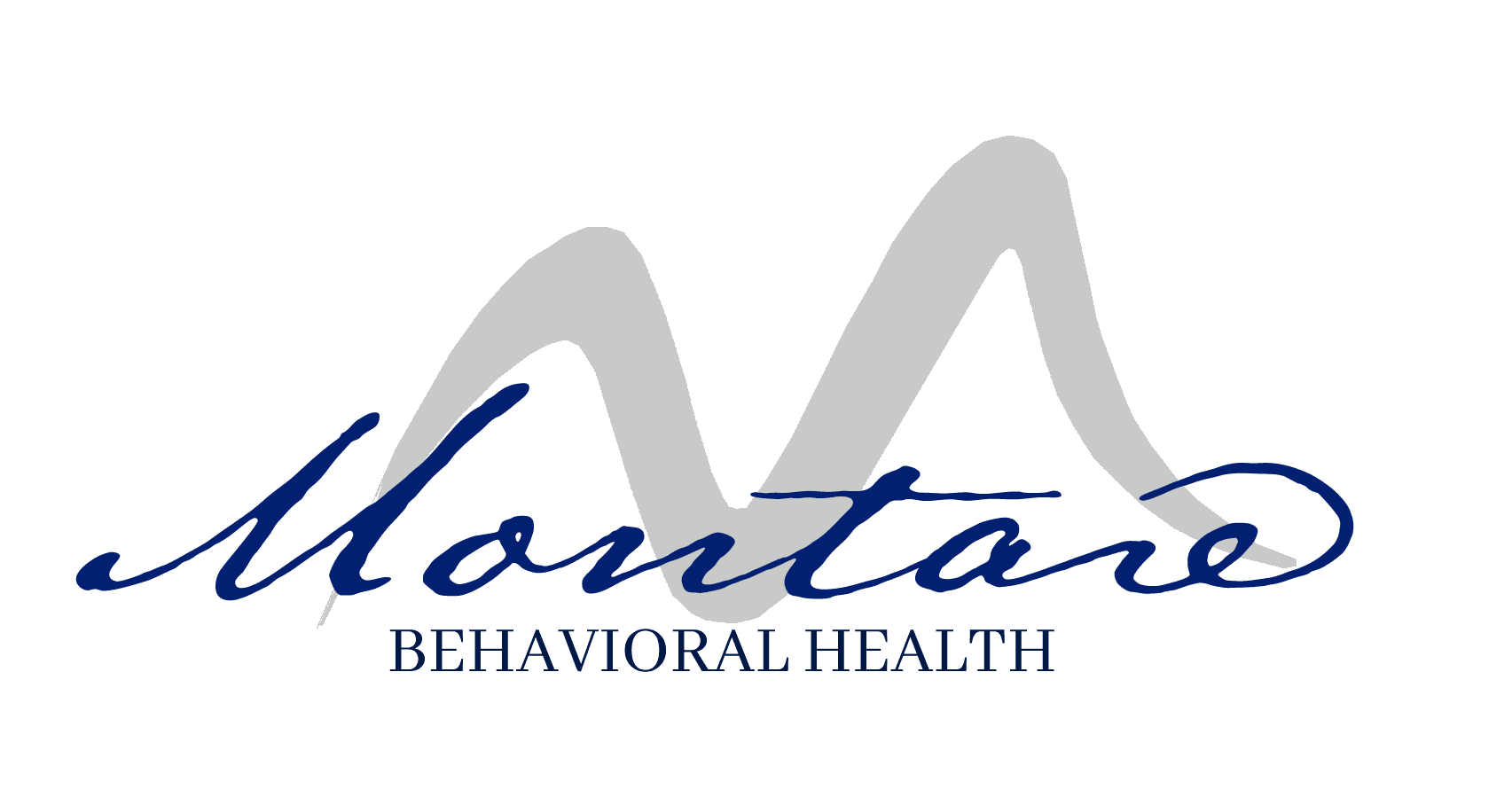If you have never experienced a panic attack before, it can be quite unnerving the first time you do. The symptoms of panic attacks can be very similar to heart attack symptoms. So, how do you know if you are experiencing panic attack vs heart attack symptoms? To tell the difference, you need to focus on when the pain started, the location of the pain, how the pain feels, and how long it lasts.
Symptoms of a Panic Attack vs. a Heart Attack
The symptoms of a panic attack can vary based on the individual, but often include:
- A sudden rush of feeling anxious or fearful
- Racing and pounding heart
- Chest pain
- Pain in your neck, arms, shoulders, back, or jaw
- Sweating
- Shortness of breath
- Trembling
- Chills
- Lightheaded
- A sense of impending doom
- Stomach cramps or pain
- Tingling or numb hands
- Feeling disconnected from your body
- Nausea
The symptoms of a heart attack can also vary from person to person but include the following:
- Sweating
- Nausea
- Pain in the arm
- Shortness of breath
- Racing or pounding heart
- A sense of impending doom
- Jaw pain
- Dizziness
- Weakness
- Trembling
- Chest tightness or pain, typically on the left side, near the breastbone
One key difference between a panic attack vs. a heart attack is the chest pain with a heart attack feels like there is squeezing or pressure with the chest pain. With a panic attack, the chest main is more of a shooting or sharp pain. The pain also subsides with a panic attack, and with a heart attack, the pain can change in intensity but will not subside.
Another difference is heart attacks usually occur as a result of physical exertion, while panic attacks normally have some type of stress or emotional trigger. If you have never had a panic attack, it is highly recommended to seek medical care as a precaution that you are not having a heart attack.
What Exactly Is a Panic Attack?
A panic attack is when there is a sudden rush of anxiety or fear that causes you to feel overwhelmed. This triggers the body’s fight-or-flight response and causes panic attack symptoms. Panic attacks are considered an anxiety disorder. However, people do not have to have an anxiety disorder to have a panic attack.
Why Do My Panic Attacks Feel Like a Heart Attack?
Panic attacks feel like a heart attack because the fight-or-flight response causes an increase in heart rate, sometimes as much as 200 beats per minute. The increase in heart rate can cause you to experience panic attack symptoms, which many are very similar to a heart attack.
How Long Do Panic Attacks Last?
Panic attacks can last from a few minutes up to an hour, depending on the severity of the attack. People with an anxiety disorder can have panic attacks several times a week, while others may only experience them a few times a month.
How to Stop a Panic Attack?
Once a panic attack starts, you have to ride it out until it passes, as there is no way to immediately stop one. However, there are several things you can do to help shorten the duration of a panic attack, which include:
- Remain in the same location
- If you are driving, pull over to a safe location
- Try to get into a comfortable position, sitting down or lying down if possible
- Take slow, deep breathes in through your nose and exhale through your mouth
- Focus on something calming, relaxing, and peaceful
- Use mindfulness and meditation techniques if you know them
Treatment Options for Panic Disorder
There are several evidence-based and holistic therapeutic options to help treat panic disorder and make it easier to manage panic attacks. Some of the more common treatment options are:
- Psychotherapy: Individual therapy can help people uncover the triggers for their panic attacks and develop effective coping skills.
- Group therapy: Group therapy allows people to connect with each other, learn from shared experiences, and practice different coping skills in a controlled environment.
- Medication: Some people can benefit from medications that can help reduce anxiety and the frequency of panic attacks.
- Mindfulness and meditation: Learning mindfulness and meditation techniques can help people relax and focus their thoughts to reduce the duration of panic attacks.
- Exercise: Daily exercise can help alleviate stress and anxiety and strengthen the body and mind.
- Healthy diet: Eating a well-balanced diet helps make the body stronger and makes it easier to manage stress and anxiety.
- Breathing training: Learning various breathing techniques can help alleviate stress and anxiety before a panic attack is triggered.
- Relaxation techniques: Learning relaxation techniques can reduce anxiety and stress levels to prevent panic attacks.
- Ketamine therapy: Ketamine therapy can help alleviate anxiety and prevent panic attacks.
- Family therapy: When panic attack triggers are related to family dynamics, family therapy can help address these issues while educating the family on how they can better support their loved ones.
Contact Montare Outpatient to Treat Panic Disorder Today
If you are having panic attacks and want to learn how to manage them more effectively, help is available at Montare Outpatient in Los Angeles. Our caring and compassionate team offers comprehensive outpatient panic disorder treatment programs personalized to your specific needs. Contact us today to schedule an initial consultation or for further information about our outpatient programs.
Published: 11/22/2024

